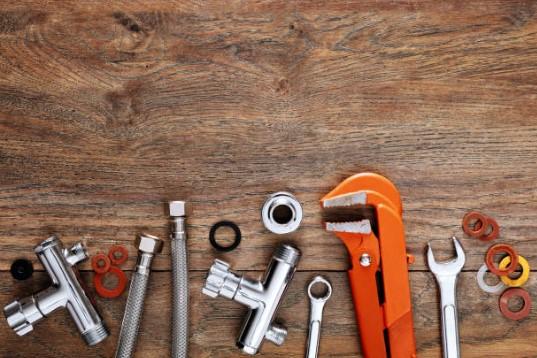As Newcastle continues to grow, so does the pressure on its natural resources. One of the areas that is often overlooked when it comes to environmental impact is residential plumbing. In this article, we will explore the ways in which residential plumbing in Newcastle affects the environment, and what we can do to reduce this impact.
Water consumption and waste
Water is a precious resource, and we use a lot of it in our homes. In fact, the average Newcastle household uses around 200 litres of water per day. This puts a significant strain on the city's water supply and treatment infrastructure. Additionally, water waste can contribute to water scarcity and drought conditions. Some ways to reduce water waste and promote conservation include installing low-flow toilets and showerheads, fixing leaks, and reducing overall water usage through lifestyle changes such as shorter showers and water-efficient landscaping.
Energy usage and emissions
In addition to water, residential plumbing also requires energy to pump and treat water. This energy usage results in carbon emissions, which contribute to climate change. To reduce energy usage and emissions, homeowners can consider using energy-efficient appliances and fixtures, insulating hot water pipes, and reducing water usage overall. Additionally, renewable energy sources such as solar panels can be used to power home plumbing systems.
Plumbing materials and their environmental impact
The materials used in residential plumbing can also have an environmental impact. For example, copper and PVC pipes are commonly used in Newcastle homes, but the manufacturing and disposal of these materials can be harmful to the environment. Alternatives such as recycled plastic and steel pipes can be used instead. Additionally, choosing plumbing fixtures that are made from sustainable materials such as bamboo or recycled glass can also help reduce environmental impact.
Water pollution and contamination
Residential plumbing can also contribute to water pollution and contamination. For example, when pipes are corroded or poorly maintained, they can leach contaminants into the water supply. Additionally, household chemicals such as cleaning agents and pesticides can enter the water supply through plumbing systems. To prevent water pollution and contamination, homeowners can properly dispose of household chemicals, avoid flushing non-biodegradable materials down the toilet, and ensure that their plumbing systems are properly maintained.
Government regulations and incentives
The government can play a significant role in reducing the environmental impact of residential plumbing. For example, regulations can be put in place to require the use of environmentally-friendly plumbing materials and fixtures. Additionally, incentives such as tax credits and rebates can encourage homeowners to adopt environmentally-friendly plumbing practices. Community engagement and advocacy can also help raise awareness of the importance of reducing the environmental impact of residential plumbing.
Residential plumbing is an often-overlooked aspect of environmental impact in Newcastle. However, by taking steps to reduce water consumption and waste, energy usage and emissions, and water pollution and contamination, we can make a significant difference in protecting the city's natural resources. By working together with policymakers, homeowners, and plumbing professionals, we can create a more sustainable future for Newcastle.



























